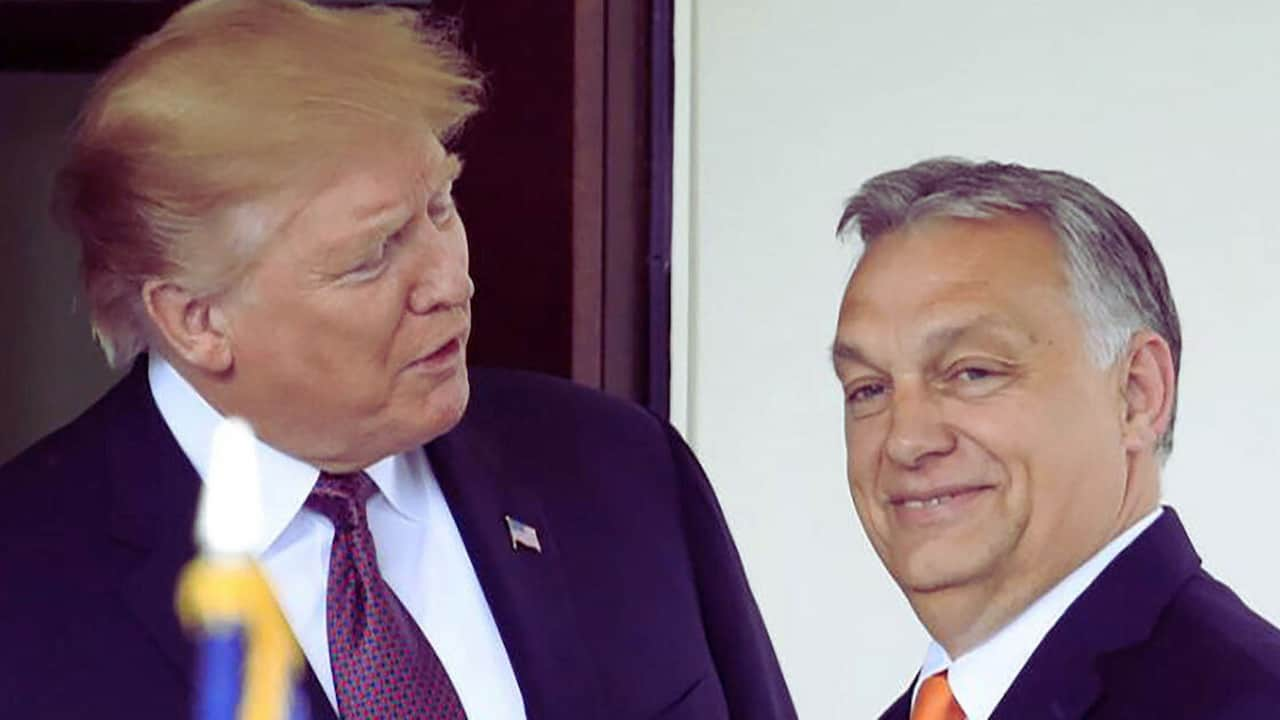World Holds its Breath: Global Leaders React to Trump’s Return to Power
The world woke up to a seismic shift in global politics as Donald Trump secured his historic comeback victory in the 2024 U.S. presidential election. From enthusiastic endorsements to carefully worded diplomatic statements, world leaders’ reactions paint a picture of a deeply interconnected yet divided global community adjusting to this pivotal moment in American politics.
Key allies show mixed responses
Benjamin Netanyahu, Israel’s Prime Minister, was among the first to celebrate, calling it “history’s greatest comeback.” His warm embrace of Trump’s victory comes as Israel faces mounting international pressure over its military campaign in Gaza.
In Europe, the response was notably more measured. Emmanuel Macron of France offered a diplomatic congratulation, emphasizing working together “with respect and ambition.” Meanwhile, Keir Starmer, the UK’s Prime Minister, stressed the importance of the “special relationship” between the two nations while carefully avoiding any personal praise.
Asia-Pacific Leaders Navigate New Reality
Narendra Modi of India struck a personal tone, calling Trump “my friend” and highlighting the need to strengthen their nations’ partnership. China’s Foreign Ministry spokesperson, Mao Ning, responded in a characteristically reserved manner, highlighting the principles of “mutual respect” and “win-win cooperation.”
In a significant development, Lai Ching-te, Taiwan’s President, expressed confidence in continued U.S. support, even as regional tensions with China remain high.
Eastern Europe and Russia: A Tale of Two Responses
Viktor Orbán, Hungary’s leader and long-time Trump ally, celebrated what he called “a much-needed victory for the world!” Meanwhile, Russia’s response through its Foreign Ministry was notably cautious, stating they had “no illusions” about the president-elect.
The Middle East watches closely
Regional leaders provided a range of responses, specifically focusing on ongoing conflicts.
- Saudi Arabia’s leadership extended formal congratulations.
- Iran dismissed the significance of their currency’s record lows.
- Palestinian Authority President Mahmoud Abbas expressed hope for peace.
- Turkish President Erdogan emphasized the need to end regional conflicts.
Key Implications for Global Politics
- NATO’s Future: Trump’s previous criticism of NATO funding has allies nervous.
- Ukraine Support: Questions loom over continued U.S. military aid
- Trade Relations: Potential shifts in global trade policies
- Climate Action: The uncertainty surrounding the U.S. commitment to climate agreements
What’s Next?
As the world adjusts to this new reality, several critical questions remain:
- Will Trump’s “America First” policy reshape international alliances?
- How will this affect ongoing global conflicts?
- What changes might occur in international trade agreements?
- Can we rebuild diplomatic bridges that Trump’s first term damaged?
The coming months will be crucial as world leaders prepare for a dramatically different approach to American foreign policy. While some celebrate this shift, others are clearly bracing for turbulent times ahead in international relations.
One thing is clear: Trump’s return to power marks not just a change in American leadership but potentially a fundamental shift in the global order that has defined international relations for decades.
